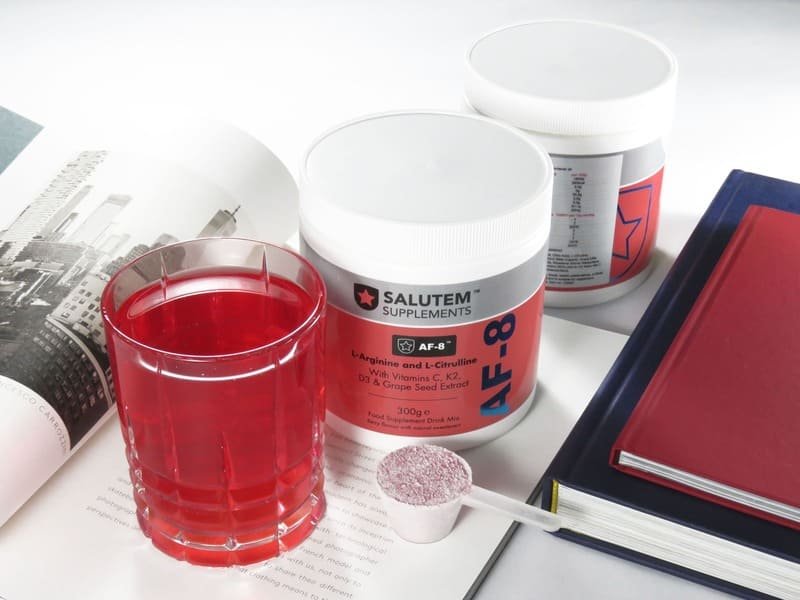Subtotal: SGD$0.00
Hypertension summed-up

“What is hypertension or high blood pressure and what causes it?”
About high blood pressure, (hypertension)
Blood pressure is the measure of the force of blood pushing against blood vessel walls. The heart pumps blood into blood vessels, which carry the blood throughout the body. High blood pressure, also called hypertension, is dangerous because it makes the heart work harder to pump blood out to the body and contributes to hardening of the arteries, or atherosclerosis, to stroke, kidney disease, and to heart failure.
What Is “Normal” Blood Pressure?
A blood pressure reading is written like this: 120/80. It’s read as “120 over 80.” The top number is called the systolic, and bottom number is called the diastolic. The ranges are:
Normal: Less than 120 over 80 (120/80)
Elevated: 120-129/less than 80
Stage 1 high blood pressure: 130-139/80-89
Stage 2 high blood pressure: 140 and above/90 and above
Hypertension crisis: higher than 180/higher than 120 — See a doctor right away
If your blood pressure is above the normal range, talk to your doctor about how to lower it.
What Causes High Blood Pressure?
The exact causes of high blood pressure are not known, but several things may play a role, including:
Smoking
Being overweight or obese
Lack of physical activity
Too much salt in the diet
Too much alcohol consumption (more than 1 to 2 drinks per day)
Stress
Older age
Genetics
Family history of high blood pressure
Chronic kidney disease
Adrenal and thyroid disorders
Sleep apnea
Essential Hypertension
In as many as 95% of high blood pressure cases in the U.S., the underlying cause can’t be found. This type of high blood pressure is called “essential hypertension.”
Though essential hypertension remains somewhat mysterious, it has been linked to certain risk factors. High blood pressure tends to run in families and is more likely to affect men than women. Age and race also play a role. In the United States, blacks are twice as likely as whites to have high blood pressure, although the gap begins to narrow around age 44. After age 65, black women have the highest incidence of high blood pressure.
Essential hypertension is also greatly influenced by diet and lifestyle. The link between salt and high blood pressure is especially compelling. People living on the northern islands of Japan eat more salt per capita than anyone else in the world and have the highest incidence of essential hypertension. By contrast, people who add no salt to their food show virtually no traces of essential hypertension.
Most people with high blood pressure are “salt sensitive,” meaning that anything more than the minimal bodily need for salt is too much for them and increases their blood pressure. Other factors that can raise the risk of having essential hypertension include obesity; diabetes; stress; insufficient intake of potassium, calcium, and magnesium; lack of physical activity; and chronic alcohol consumption.
Secondary Hypertension
When a direct cause for high blood pressure can be identified, the condition is described as secondary hypertension. Among the known causes of secondary hypertension, kidney disease ranks highest. Hypertension can also be triggered by tumors or other abnormalities that cause the adrenal glands (small glands that sit atop the kidneys) to secrete excess amounts of the hormones that elevate blood pressure. Birth control pills — specifically those containing estrogen — and pregnancy can boost blood pressure, as can medications that constrict blood vessels.
Who Is More Likely to Develop High Blood Pressure?
People with family members who have high blood pressure
Smokers
African-Americans
Pregnant women · Women who take birth control pills
People over the age of 35
People who are overweight or obese
People who are not active
People who drink alcohol excessively
People who eat too many fatty foods or foods with too much salt
People who have sleep apnea





